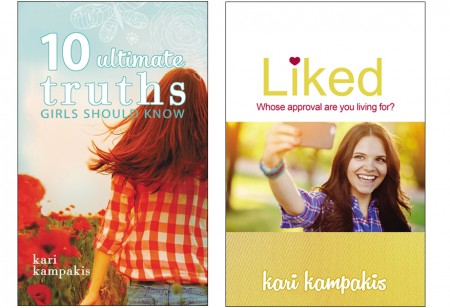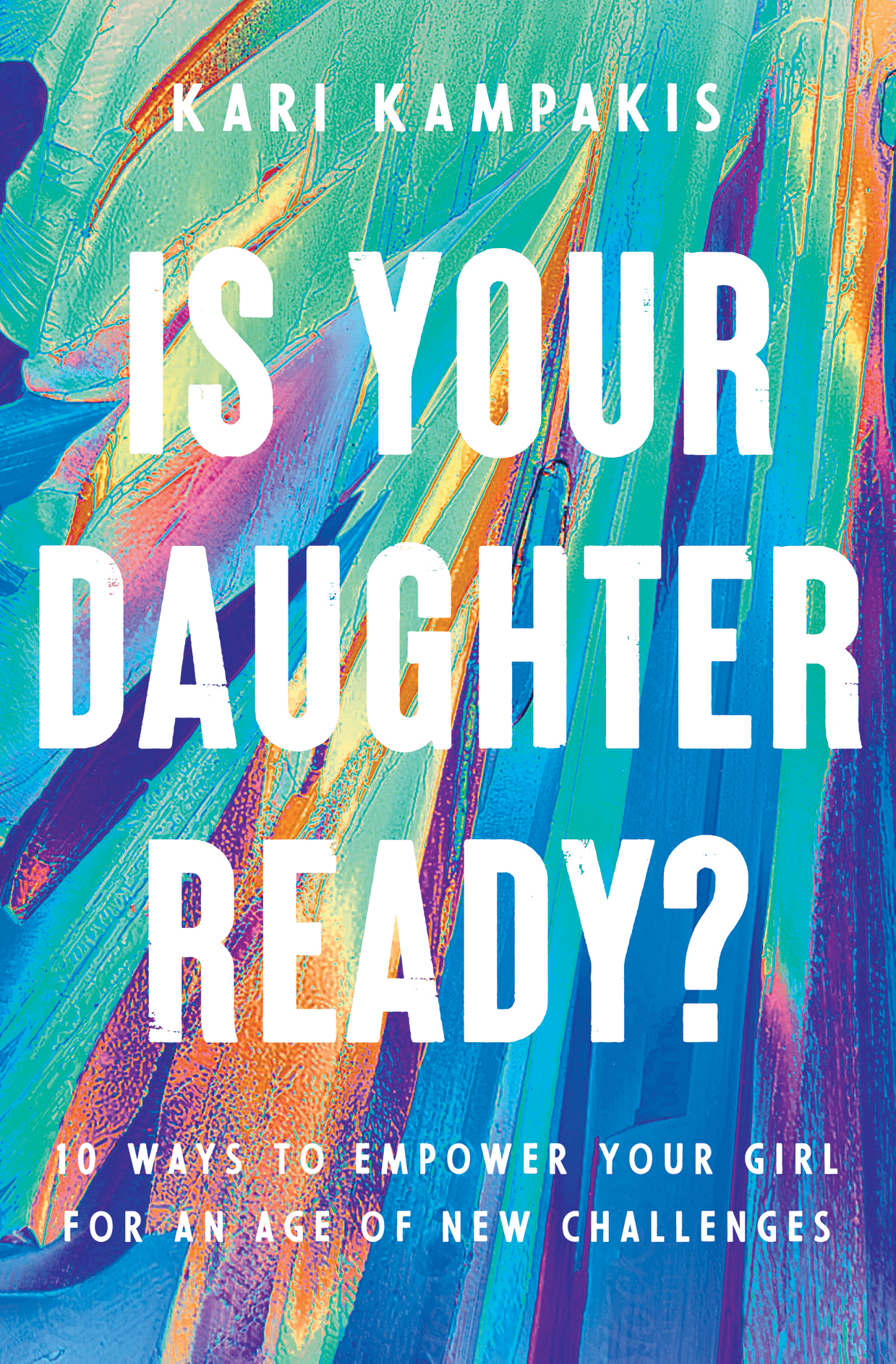Is Social Media Making Us Bitter?


I remember the early days of social media, when everyone was happy and just excited to share space.
Back then, we couldn’t get enough of each other, and we spent hours catching up and reconnecting with old friends.
Today, sadly, a lot of that congeniality is gone. After years of sharing life highlights, we think we know each other better than we do. We speak without filters and struggle with envy or comparison. Rather than act like family, we act like jealous siblings. Spending too much time together, with no parents to referee, has begun to take its toll.
We are different people than we were a decade ago, and more drastic than changes on the Internet are the changes in Internet users. Generally speaking, we’ve grown testy and dismissive, quick to write off or tell off anyone who doesn’t agree with us 100 percent or who rubs us the wrong way.
The problem, of course, is that no two people see eye to eye on everything. Even best friends have opposing opinions, and that’s okay if they’re respectful. On social media, however, we get to skip the real-life challenge of trying to work through differences or bite our tongue to not be rude. Instead, we can join tribes of like-minded friends who second our opinions and make us bold in speaking our mind. While tribes can be beneficial, issues arise when tribes become echo chambers where every voice and story heard only affirms the group mindset.
In these echo chambers, pride grows, minds shrink, and tribes fall under the illusion that they are always right and the rest of the world is wrong. They forget how even a broken clock is right twice a day, and how every human being has something valuable to teach us.
After years of observing Internet users, I’ve noticed how people often miss the key points of a message because they focus on 1 or 2 details that bother them. For example, on a story I wrote years ago for a large international website, a man commented that he liked the message until I “lost him at God.” A woman responded to him with a thought-provoking reply.
“I’m an atheist,” she wrote, “but I still found a lot of takeaways here. Don’t throw out the baby with the bathwater.”
It takes humility and maturity to find common ground with people who hold different convictions than us (or who voted for a different candidate in the last presidential election) yet this mindset isn’t the norm these days. Instead, people let disagreements morph into hatred and turn on people they once loved.
Ultimately this hurts us. It hardens our hearts and creates blind spots and resentment. It’s been said that holding on to resentment is like drinking poison and expecting the other person to die – it hurts us more than the person we resent – and this concept applies to the Internet too. By dwelling on every post that gets under our skin, every perceived or real offense, we park our minds in a dark place that is hard to crawl out of.
Is social media making us bitter? I believe it is – but I also believe we can stop this train. Too many people today walk around with scowls, searching for people to dump their pain on and places to share some loud opinions, and if you want more for your life, if you want to stay healthy in mind and spirit, here are 8 things you can do.
1. Work through your resentments daily. One of the best habits ever comes from Alcoholics Anonymous.
Since resentments are unhealthy, and harboring resentments makes people sick, members are taught to write and work through their resentments daily. They list people or institutions they resented that day (i.e. a church or workplace) and include a column of their role in the issue. The purpose of this “cleansing” is to keep resentments from building up – to prevents little grudges from becoming big grudges and morphing into new problems.
A lot of hostility on social media is rooted in hidden resentments. By taking inventory and control of yours, you learn to let them go instead of constantly recycling them.
2. Listen to people’s stories. Nobody sees life through the same lens. We’re all uniquely shaped by our upbringings, beliefs, values, experiences, personalities, and loved ones.
You can agree to disagree online and still have civil discussions. You can hear people out with a healthy curiosity about their stories and viewpoints. You may change your mind and you may not, but either way, you’ll be wiser. You’ll know you’ve progressed when you find yourself thinking, “I may not agree with this person, but I understand why she feels that way.”
In a society where many people yell and few listen, where tribes draw lines in the sand, we need more thoughtful and respectful conversations. Engage with people beyond your tribe, and it will make you (and your life) more interesting.
3. Treat bitterness as an internal problem, not an external problem. Nobody grows bitter overnight. Bitterness is a slow burn, the outcome of many reactions and events.
Bitter people dwell on the past and everything that is wrong. They have go-to people they blame for their problems even years after the fact. When people pull away because their bitterness feels like an attack, they get angry. They don’t realize how off-putting their negativity really is.
Many people on social media just want to “fix” everyone. They’re always annoyed; someone is always on their last nerve. If you find yourself here, if you struggle to see the good and enjoy telling people off, the real problem may not be the dimwits who irritate you, but rather, the condition of your heart. It may be you who needs to change.
Every day, you get to choose what to dwell on. You decide what to wrap your mind around, what climate to create in your head, what conversations you want to start. Finding joy is a fight; it means protecting your heart, mind, and soul, and filtering what goes in so you can be mindful of what comes out. All of us feel bitter and angry at times (sometimes justifiably so), but we don’t have to stay there. We don’t have to give dark emotions a permanent home in our hearts. Instead, we can pray for God’s help to deal with these thoughts and emotions in healthy, productive ways.
4. Think for yourself – and avoid the mob mentality. Humans are easily manipulated and quick to jump on a bandwagon. Through social media, people get crucified before the facts get sorted out. Inaccurate news can travel super-fast.
Gone are the days where journalists had time to prepare their stories – and objectively told both sides. Now, there’s a rush to break stories first. There’s an incentive to create villains and juicy, salacious headlines to make stories go viral. There is tremendous room for error and a rush to judgment. Once trustworthy news sources have lost respect and credibility.
In this Newsweek article, Michael Rocque wrote about social media being a hotbed of false information that often leads to anger. People make accusations and start heated arguments without having all the facts. According to The Pew Research Center, 71 percent of social media users say they see content that angers them, and that anger spreads. A Chinese social media study discovered that anger – not joy or sadness – is the most viral emotion online.
Why? “Because collective outrage,” Rocque writes, “along with other emotions we experience as part of a group, makes us feel good…Research has suggested that mob behavior, even violence, can be exciting and ‘fun.'” Rocque acknowledges how not all outrage is bad, and there are worthy causes to direct our energies to, but when we see a post or tweet that triggers outrage, we should look into it, verify sources, and wait to see how the story unfolds. We are wired to crave collective anger, yet jumping the gun on social media viral outrage can do more harm than good.
Bottom line: Think for yourself, and don’t believe everything you read. Anyone can take a photo or video and curate a false narrative. Rather than joining online mobs, pray for the truth to come to light. Do your research and dig deeper before forming an opinion, and know that when emotions run high, perspectives get clouded. It’s best to keep a safe distance and let the facts speak for themselves.
5. Be aware of the enemy. The Internet isn’t the devil, but the devil is using it to distance us from God and each other.
The Greek word for devil, diabolos, means “the one who divides.” Given today’s hostility, I imagine the diabolos must be thrilled. Where any small tension exists, he can stir the pot of conflict. He can distract you with comparisons and anger so that you miss God’s plan for your life. Be aware of this spiritual battle and let Jesus be your armor. The light of Christ overcomes all darkness, and His love will win this war.
In the meantime, God calls us to be like Jesus and see His image in every human. The world may love a troublemaker, but God’s best work is done through peacemakers, people who aim for unity whenever it is possible.
6. Know your open wounds. If your marriage is on the rocks, you may feel gutted by a romantic post. If your child is unmotivated, you may be extra-perturbed by a bragging mom. If you’re hungry for friendship, seeing a post of a girls’ trip may put a dagger through your heart.
It’s okay to feel your feelings, but know that when a picture or post strikes a nerve, it’s tempting to act on that pain. It can lead to underhanded remarks or behavior you’ll regret. Instead of being impulsive, collect yourself and move on. We all have circumstances and experiences that taint our perceptions, and by knowing yours, you keep your vulnerabilities in check rather than unleashing them online.
7. Engage with real-life friends more than Internet friends. Rarely do people feel better about their lives after being on social media. Most people, however, feel better about their lives after being off social media because it leads to conversations and connections they’d otherwise miss.
You are wired for community, yet spending too much time in online community can make you lonely. It takes away time and energy from real-life interactions that build deep, intimate, go-the-distance friendships.
It’s not healthy for any of us to spend hours every day scrolling through people’s highlights and seeing every outing we’re not invited to. Enjoy social media, but save your best self for face-to-face contact. Invite a friend to coffee or lunch. Ask your neighbor to go on a walk or try a Pilates class. Reach out to someone you really like on social media and spend time together in person. Chances are, you’ll be glad you did.
8. Understand that your perspective is limited. It’s easy to make assumptions about people who you’ve followed online for 10 years, but the truth is, you only see a slice of who they are. You don’t know their story like close friends and family, and you certainly don’t know their heart. Only God knows a person’s heart (and motives) and that is why He’s the final judge. So if you find yourself criticizing, labeling, or thinking you have someone pegged, think again. There is always more to a person than what you know, read, or see.

Bob Goff, in his book Everybody, Always, says, “We’re all rough drafts of the people we’re still becoming.” Only genuine love can teach us to root for each other (despite our differences) and soften our hearts of stone.
Life is too short to live bitter. Social media has too much potential for good to be used for so much harm. Some people will always act ugly and rude, yet they are teachers too, because they show us what paths to avoid. They illustrate what can happen when bitterness takes root.
I like social media, and despite the current climate, I see a pendulum swing of people who crave more: more positivity, more good news, more hope for common ground. If there is any tribe I’m drawn to, it is big-picture thinkers who can be civil and kind while getting their message across. Even when they aren’t the loudest voices, they’re the voices worth tuning into. They restore my faith in humanity and set a bar for what is possible even in uncongenial times like these.
******************************************************************************************************************************
Thanks for reading this article today. If you found the message helpful, please share it through social media.
I’m grateful for my readers and would love to connect. You can subscribe to my blog, join my Facebook community, or find me on Instagram, Twitter, or Pinterest.
Also, I’ve written two books for teen & tween girls designed to empower them through faith. The newest one, Liked, is getting a fantastic response as a unique resource for girls of the digital age, and along with the bestselling 10 Ultimate Truths Girls Should Know, it’s being used widely across the U.S. for small group studies.
Thanks for stopping by, and have a great day!
Posted by Kari on November 13, 2019









This is a very needed message, Kari, thanks for addressing it! Sometimes, it’s easier to focus on the cyber world, instead of the real one. Thanks for your wise perspective.
Beautiful!! Exactly what i want to read. Thanks or this article.. ❤
This message was definitely needed. Being home right now has given more time, which leads to more time in social media. I often think that I need social media to keep up with what is going on, but find myself hooked in. I love the eight things to keep our mind healthy. Great ideas!!